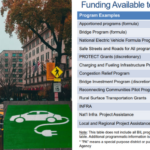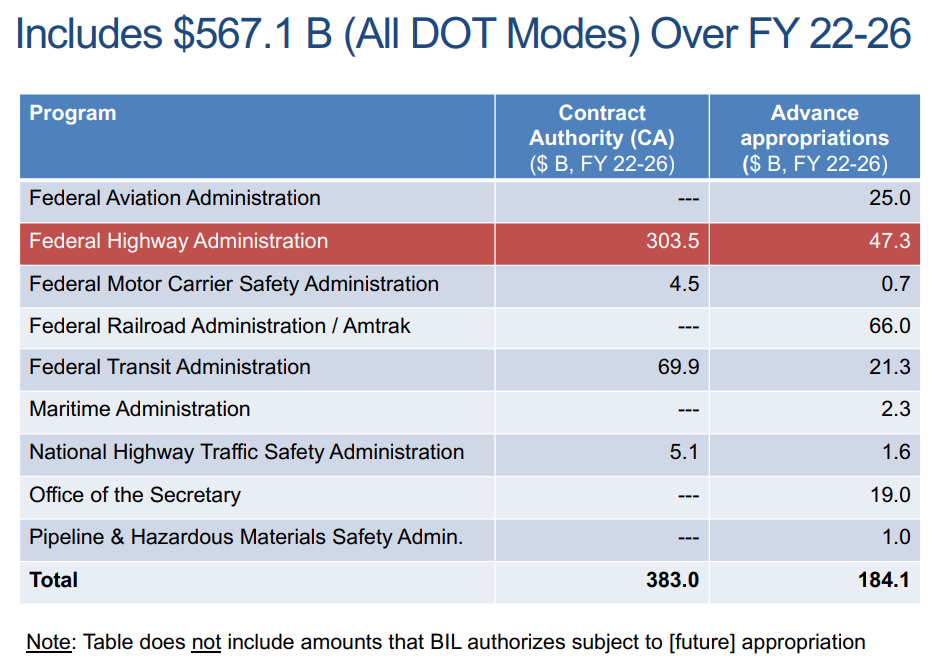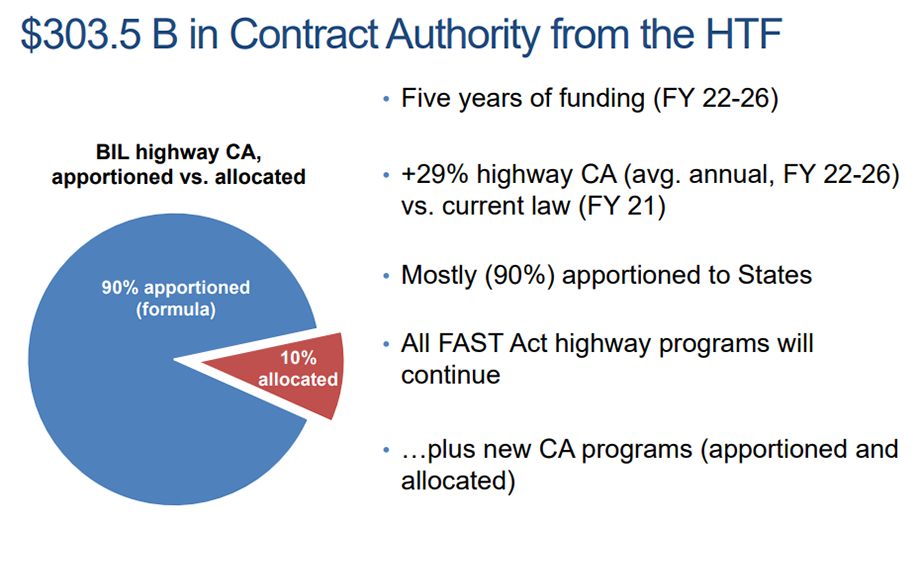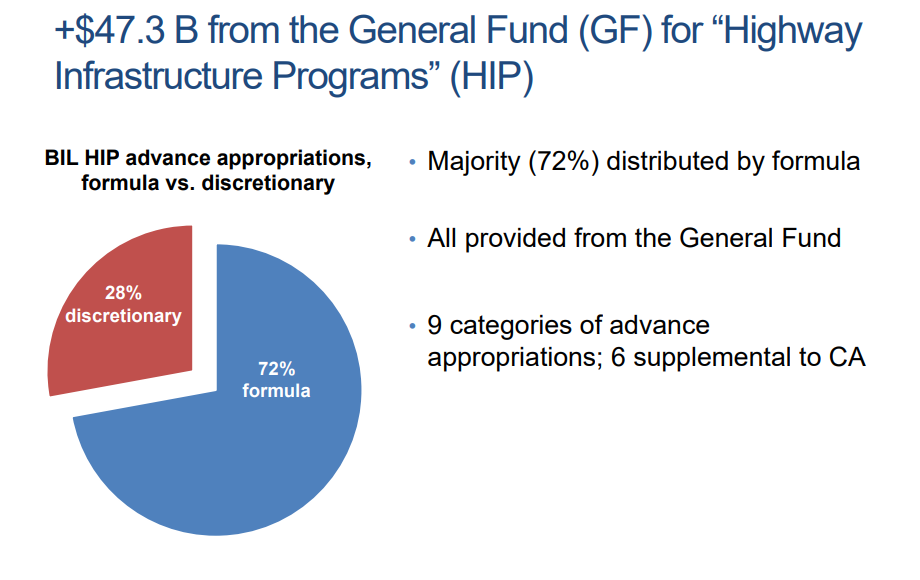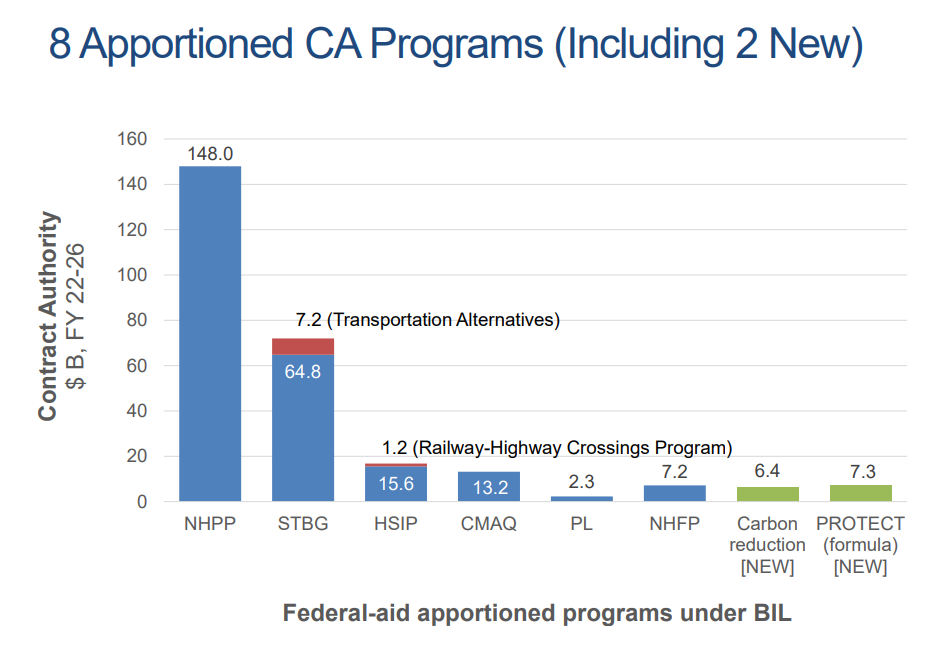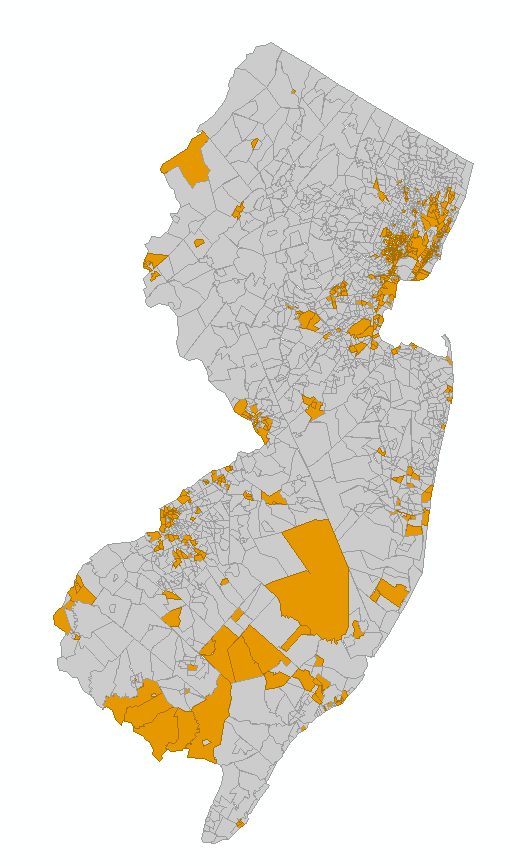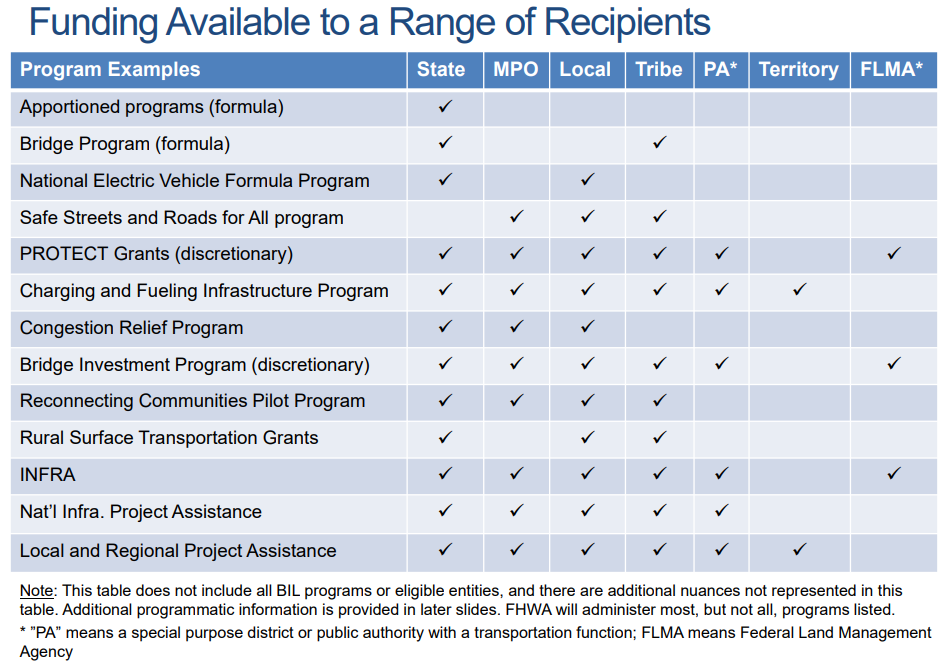The Federal Highway Administration’s National Highway Institute (NHI) is offering several environmental web-based training courses addressing climate change through adaptation and resilience. The courses are aimed primarily towards the needs of transportation personnel who work in engineering, design, and project development/NEPA units in transportation agencies (mainly State DOTs). The courses will also be relevant to those interested in planning, asset management, operations, and maintenance. Expected participants include experienced staff from State DOTs, local governments, Tribal governments, Federal State agencies, and consultants. As of April 2025, climate change courses are no longer offered by the National Highway Institute.
The free Web-based Trainings (WBTs) are prerequisites for an in-person Instructor-Led training course.
- Understanding Past, Current and Future Climate Change (FHWA-NHI-142081, 2 HOURS, free). This dynamic WBT will provide participants an introduction to: future projections of various climate variables including precipitation, temperature, and sea levels; climate science principles; and, an overview of potential impacts of these changes on transportation facilities.
- Introduction to Temperature and Precipitation Projections (FHWA-NHI-142082, 1 HOUR, free) is a WBT that shows participants how to develop projections tailored to transportation project planning and design and discusses associated limitations and uncertainties.
- Systems Level Vulnerability Assessments (FHWA-NHI-142083, 2 HOURS, free). This WBT introduces participants to vulnerability concepts to understand extreme weather impacts on roadway infrastructure. Participants will learn the purpose of systems level vulnerability assessments, the various techniques used to conduct them, and how to use their results.
- Adaptation Analysis for Project Decision Making (FHWA-NHI-142084, 2 HOURS, free). This WBT introduces participants to conducting facility-level adaptation assessments for project development processes. Learners will be introduced to risk-based approaches to develop and evaluate adaptation options and select an adaptation strategy.
- Addressing Climate Resilience in Highway Project Development and Preliminary Design (FHWA-NHI-141085(A)) course is an Instructor-led Training (ILT) where participants will incorporate resilience concepts into engineering analysis, identify appropriate resilience strategies and recognize potential linkages between adaptive project development and environmental processes. Learners will also be introduced to project-level adaptation assessment methods.
- Integrating Sustainability into Infrastructure Design and Decision Making: Core Module (FHWA-NHI-131134A, free) is a basic level training course. Upon completion of the course, participants will be able to: 1) Identify the 3 pillars of sustainability (economic, environmental, and social) and their importance in infrastructure decision-making; 2) Describe tradeoffs and context sensitivity through specific examples from the domain of transportation; and 3) Given the phases of transportation decision-making, give examples of how sustainability metrics can be incorporated into each phase of the transportation decision-making.
- Introduction to NEPA and Transportation Decision-making (FHWA-NHI-142052, free). This WBT describes Federal Highway Administration’s approach to the NEPA transportation decision-making process. That process considers impacts of transportation projects on the human and natural environment while balancing with the public’s need for safe and efficient transportation. This training covers NEPA regulations, policies, and guidance defined by the Council on Environmental Quality and FHWA.
- Fundamentals of Environmental Justice (FHWA-NHI-142074, 5 HOURS, free). Fundamentals of Environmental Justice (WBT) explains how environmental justice, or EJ, applies to each stage of transportation decision making. In this course, participants are presented with a variety of strategies and resources for considering EJ throughout the transportation decision-making process.
- Bicycle Facility Design (FHWA-NHI-142080, 8 HOURS, free). This course covers principles of bicyclist safety, comfort, and connectivity, selection of bikeway type and associated design considerations, and national planning and design resources. This course helps practitioners deliver high-quality, safe, multimodal projects efficiently and effectively by delivering critical planning and design information.
- Air Quality Planning: Clean Air Act Overview (FHWA-NHI-142068, 1.5 HOURS, free). The purpose of this training is to provide participants with an overview of air quality planning, including requirements, processes, interactions with and implications for, transportation planning and project development. This is the first in a series of air quality Web-based trainings (WBTs).


